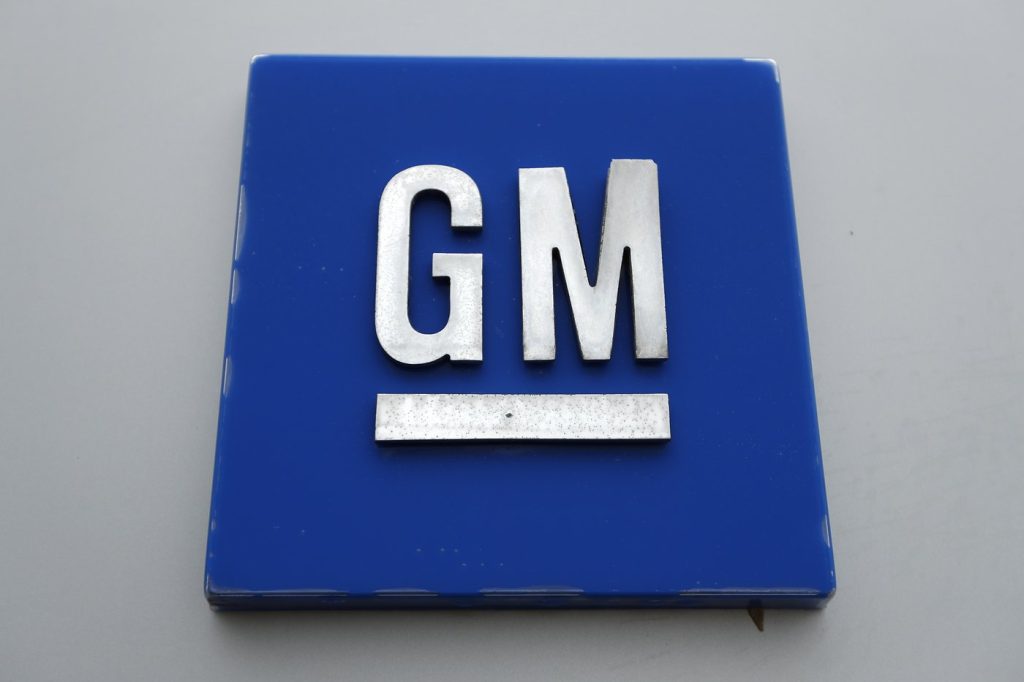NEW YORK (AP) - A cloud of uncertainty continues to loom over financial results and forecasts for both large and small companies, as they navigate a global trade system drastically impacted by changing U.S. policies. Approximately half of the companies in the S&P 500 have released their latest quarterly financial results, with a distinct focus on how these firms will adapt to tariffs and any shifts in consumer behavior.
General Motors
General Motors has decreased one of its profit measures in anticipation of the potential impact from auto tariffs. The car manufacturer has a widespread operational footprint across North America, where auto parts and assembly steps often cross multiple borders before a vehicle is fully assembled. GM now expects its full-year adjusted earnings before interest and taxes to fall between $10 billion and $12.5 billion, down from its earlier guidance of $13.7 billion to $15.7 billion. This revised forecast includes a current tariff exposure estimated at $4 billion to $5 billion. Recently, President Donald Trump signed executive orders aimed at easing some of the 25% tariffs imposed on automobiles and auto parts.
Harley-Davidson
Harley-Davidson has withdrawn its financial forecast for the year, citing uncertainties surrounding tariffs and the broader economy. The historic motorcycle manufacturer is now prioritizing productivity measures, supply chain management, and cost controls to mitigate the impact of tariffs. Approximately 70% of Harley-Davidson's revenue comes from sales within the United States, leaving a significant portion of its revenue vulnerable to retaliatory tariffs from other nations.
Hershey
Hershey has reaffirmed its financial forecasts for the year, which take into account the current landscape of tariff expenses. The chocolate giant projects tariff-related costs between $15 million and $20 million during the second quarter. Hershey, along with other chocolate manufacturers, is grappling with cocoa supply issues that have contributed to increasing prices. With over 70% of the global cocoa supply sourced from West Africa, the region has faced challenges due to stressed and damaged crops over recent years.
Church & Dwight
Church & Dwight has significantly reduced its financial forecasts for the year as it confronts the ramifications of tariffs and a possible slowdown in consumer spending. The producer of Arm & Hammer and other household products now anticipates earnings growth ranging from flat to 2%, a notable revision from its previous expectation of up to 8% growth. The company estimates its tariff exposure over the next 12 months to be around $190 million and aims to reduce this exposure by up to 80% through various strategies, including ceasing the sourcing of Waterpik flossers from China for the U.S. market. Additionally, Church & Dwight may consider shutting down or selling some of its brands.
With these developments, it is clear that companies of varying sizes are grappling with the effects of tariffs and shifts in consumer behavior, leading to significant adjustments in their financial forecasts. The ongoing uncertainty in the global trade landscape will likely continue to influence corporate strategies and consumer confidence.











